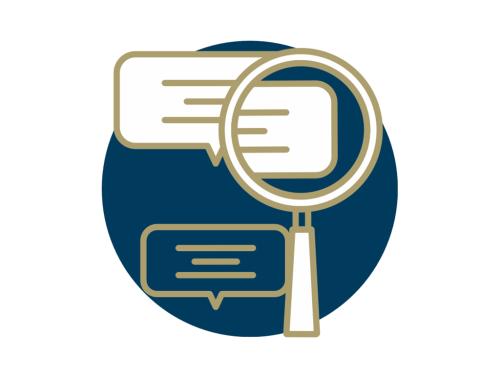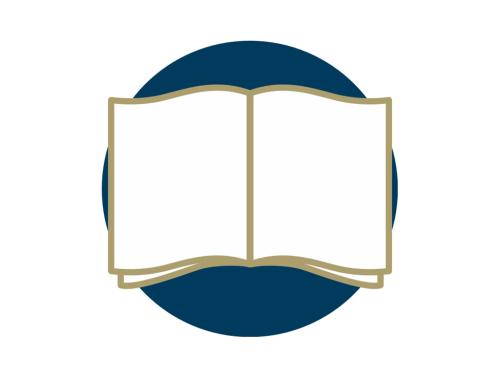Beyond Republicans and the Disapproval of Regulations
Contrary to conventional wisdom, the Congressional Review Act has been used by both U.S. political parties to nullify regulations


The GW Regulatory Studies Center scholars regularly conduct applied research to understand regulatory policy and practice from a public interest perspective. Our content often takes the form of public interest comments, formal testimony, working papers, policy insights, and short commentaries analyzing the most pressing issues in regulatory policy. View the rest of our material by the different types of publications listed on this page or our research areas.

Long-form publications intended for academic audiences that take a deep dive into a particular aspect of regulatory policy.

Scholarly analysis of the potential effects of particular rulemakings from federal agencies, and advice to Congress on how to improve the rulemaking process.

Short-form publications intended for all audiences which provide easy to access analysis of regulatory policy.

Formal publications, often completed with other leading organizations and individuals, providing a thorough understanding of regulations and the rulemaking process.

The weekly Regulation Digest contains everything you need to know about regulatory policy today, and our monthly Center Update gives you all of the latest from our team.
For accessible charts and supporting data that you can use in your own publications or presentations, visit the Reg Stats page.
Beyond Republicans and the Disapproval of Regulations
Contrary to conventional wisdom, the Congressional Review Act has been used by both U.S. political parties to nullify regulations
Highlights from the SBCA 2023 Annual Conference
The Regulatory Studies Center team was delighted to participate in the SBCA annual conference, featuring perspectives and research on benefit-cost analysis.
Merger Law Is Dante’s Inferno Revisited
The shift by agencies away from the current guidelines on mergers and acquisitions has left firms in limbo.
Broadening Public Engagement in the Federal Regulatory Process
Public interest comment with input on public engagement initiatives by the Office of Information and Regulatory Affairs
Federal Railroad Administration has not identified a compelling public need for its proposed rule on minimum crew size
Making State Level Regulation More Accountable
Virginia's new guidelines aim to streamline its state-level regulatory red tape by 25% and could serve as a useful model for other states.
OIRA’s public engagement recommendations have the opportunity to expand engagement in the federal rulemaking process
FTC Commissioner Wilson’s Noisy Resignation
GW Law Professor Richard J. Pierce on accusations of unethical and unconstitutional behavior by the FTC Chair
Our scholars and experts explored a wide range of topics last year and published leading insights on the regulation developments that mattered most.
SAMHSA Proposed Rule on Medications for the Treatment of Opioid Use Disorder
Public interest comment submitted in response to SAMHSA proposal to extend COVID-19 pandemic era flexibilities for accessing treatments for opioid use disorder
